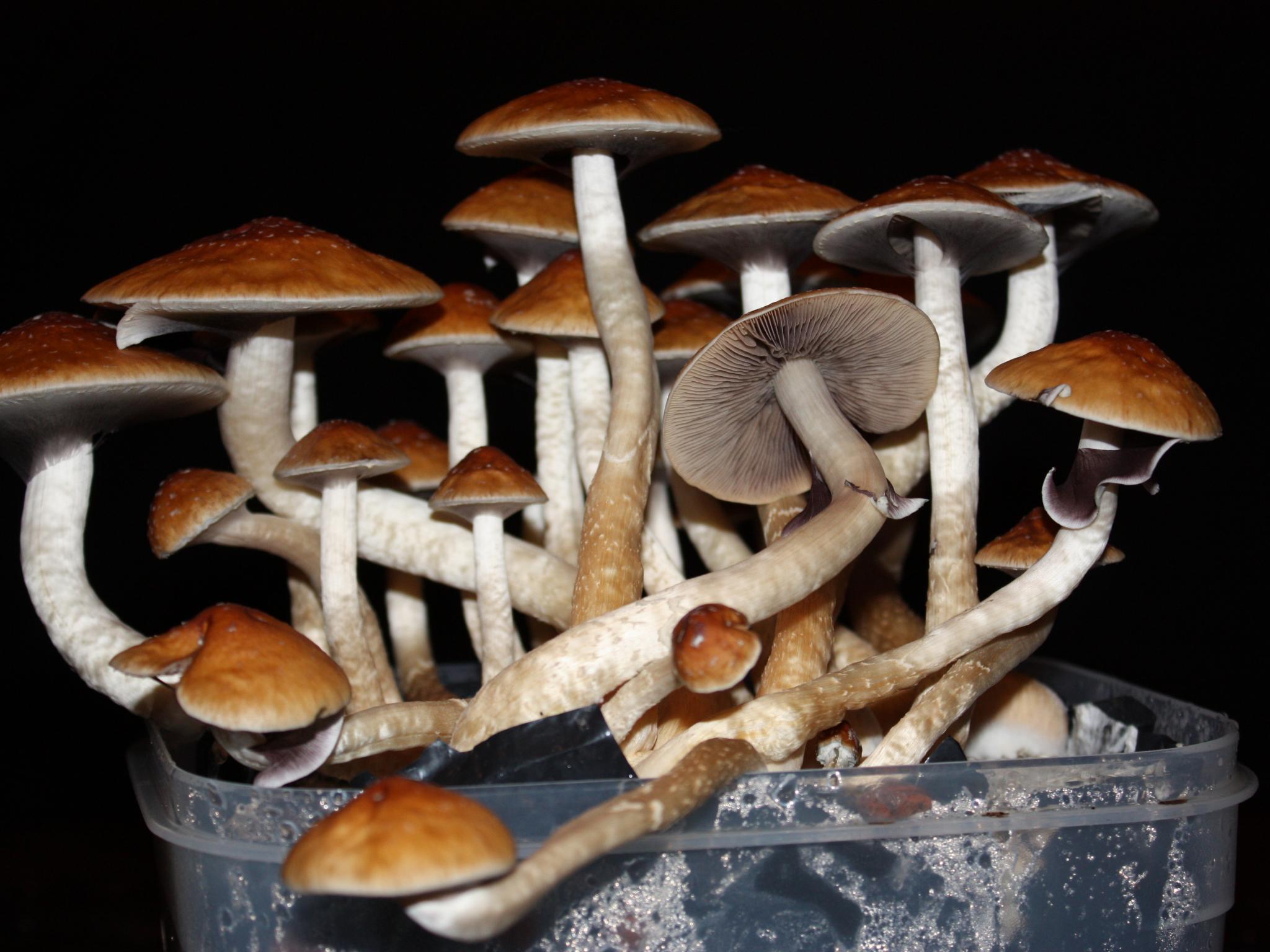
Less than a week after Hazel Park decriminalized psychedelics, Decriminalize Nature, its Michigan chapter and Students for Sensible Drug Policy (SSDP) launched a massive signature drive to place a measure on this November’s statewide ballot to legalize possessing, cultivating and sharing psychedelics. At the same time, the measure would allow them to set up a system for the therapeutic and spiritual use of the substances, Marijuana Moment reported.
Last week, the latest version of the initiative was certified by the Board of State Canvassers. Activists from Decriminalize Nature commented that work was already underway with leaders of the campaign putting their signatures on the first batch of petitions.
The proposal, which would allow the “supervision, guidance, therapeutic, harm reduction, spiritual, counseling, and related supportive services with or without remuneration,” also has a sales component. The measure authorizes entities “designated by a hospital or psychiatric hospital” that have received a “certificate of need” from the state Department of Health and Human Services to cultivate and sell psychedelics to people whose doctors have issued a written recommendation for them.
Myc Williams, co-director of Decriminalize Nature Michigan and board member of SSDP said in a press release: “As someone who has directly experienced the harms of the criminal justice system, today is a proud day of change and perseverance for myself and for the great state of Michigan!”
Moudou Baqui, of Decriminalize Nature Detroit and board member of Decriminalize Nature, added: “This is another step to ending mass incarceration and unjust mechanisms of oppression.” This is given to the fact that the measure proposes to amend state drug statutes, reducing criminal penalties for possession of controlled substances classified under Schedule I or Schedule II of state law.
Furthermore, the measure would allow that the testing equipment required to determine the potency and purity of drugs is no longer considered paraphernalia. That way, users would not be prosecuted for “minuscule, residual or unusable” amounts of drugs found on the equipment.
To qualify the measure for the November ballot, activists will need to turn in 340,047 valid signatures from registered voters by June 1.
“Young people across the country have been calling on our elected officials for safe and sensible drug policies to be implemented for decades,” Kat Ebert, SSDP board member said in the press release. “This is an opportunity for the people of Michigan to make history by coming together to pass policy that’s centered around compassion instead of criminalization.”
Photo courtesy from Wikimedia Commons








